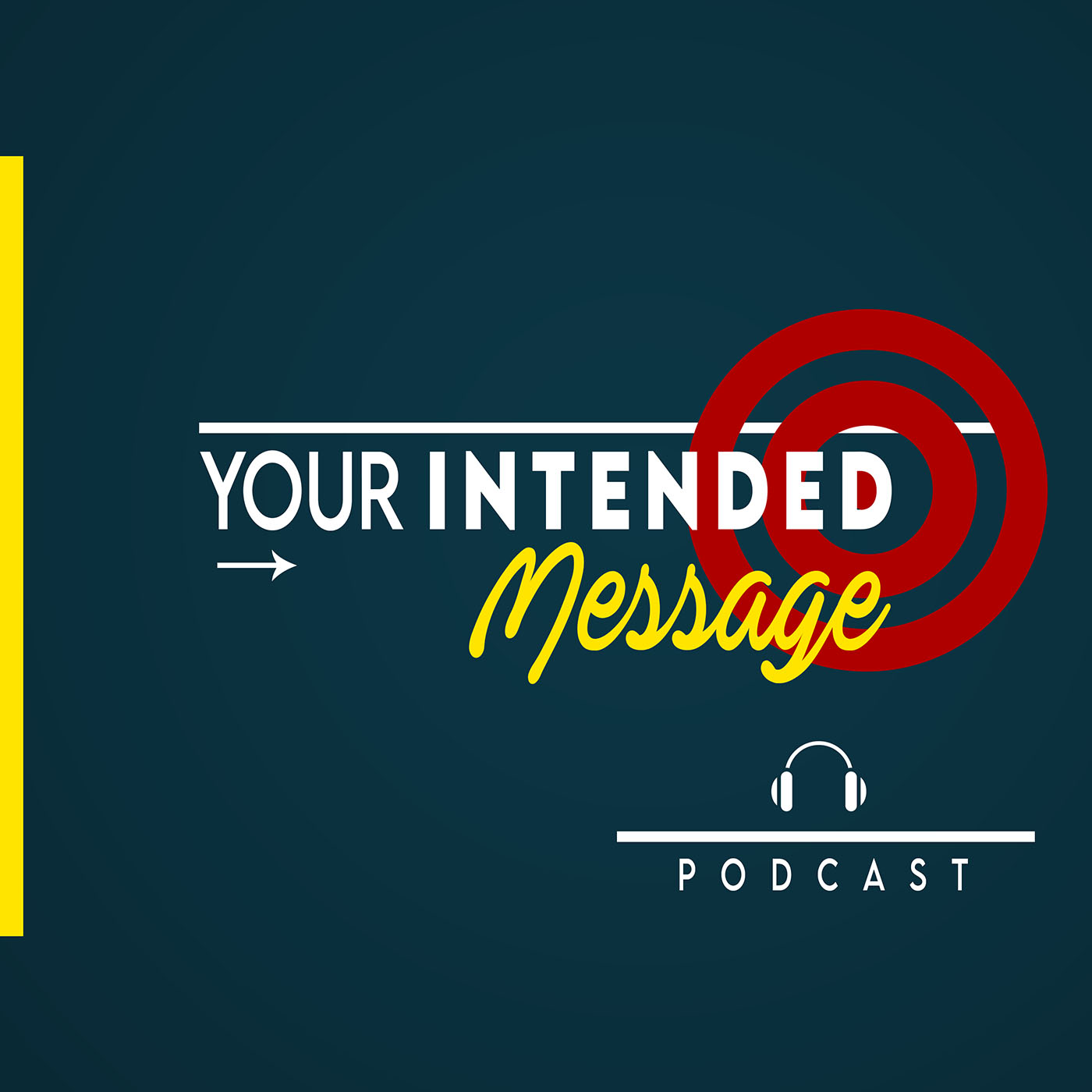
Brenden Kumarasamy publishes instructional videos on his YouTube channel, MasterTalk with over 25,000 subscribers.
Episode 105 (Brenden is based in Montreal, Canada)
In this conversation with Brenden we explore:
About Brenden Kumarasamy:
Brenden is the founder of MasterTalk, he coaches ambitious executives & entrepreneurs to become top 1% communicators in their industry.
He also has a popular YouTube channel called MasterTalk, with the goal of providing free access to communication tools for everyone in the world.
For free resources on how to improve your communication skills, visit
Excerpts from this conversation with Brenden Kumarasamy
02:21
So the way that I think about this, George is communication is so much more than giving a presentation at work or doing a job interview.
It's every interaction we'll have with every human being will meet for the rest of our lives. It's the way we talk to our families. It's the way we order food at a restaurant, and we talk to the waiter. It's the way that we travel.
When we meet strangers, we don't know we have to speak their language and figure out how to talk to them. So we can have a good time communication.
Once we realize George is not just about increasing the bottom line, but leading a fulfilling life. That's when we start to take it more seriously.
And the question to think about as we get this conversation started, George is how would your life change?
If you are an exceptional communicator, a lot of us dream about our vacations, we dream about the expensive things we want to buy.
But we don't dream hard enough about a world in which we're a great communicator in it.
-----
28:13
And And now, what does that mean to people when they go back into the workplace? If they had a set of rules for Okay, when I'm in a online meeting versus an in person meeting? What should I do differently?
28:28
100%. So there's three key differences.
The first one is eye contact. So in their virtual George, your eyes generally just stay in one direction, which is the camera lens, whether you're speaking to one person or 10,000.
But in person, meaning let's assume 16 People for the purposes of this podcast, you have to move your eyes across, because there's just looking at one direction, most of you gonna be like, oh, did this person care about me does this person and human beings start to invent stories in their mind around while you're not looking at them.
Human beings are fascinating creatures. So that's the first thing is I would start there.
The second difference between online and in person is there's the less friction to get feedback. So in an virtual meeting, if you want to get feedback on how it went, things we could do differently. You have to really sit them down one on one, get a zoom call, it's a lot more formal.
In person, you'll say Okay, guys, how did that go? What can we do next time it's a lot more. It's not the right term is but it's a lot more vivacious. It's more live, it's more like it's within the energy, it's in the flow of the group.
Whereas in virtual, it's not as it's not as cool. It's not as interesting. That's probably the second key difference.
And then the third difference is the follow up. So the follow up means if you're in a meeting with somebody in person, I mean, you guys can hang out after the meeting. Right? You can get some dinner after it's a lot easier.
It's much harder, virtually. So my best bet now I gave different advice at the height of the pandemic but I'll So my advice now is if you're having too many virtual meetings with your team, try to find a way to meet them in person, if you can, if you can, if not do the virtual social hour if you want.
But ideally, you want to try and get those things back in person. And one special tip I'll give, that a lot of leaders I coach don't really do enough, is if you all have a fully remote team, write down everyone's location, so that when people join the company, introducing the people in their own city so that at least they can meet in many groups, I'm so surprised at the fact that nobody really takes that extra step.
And it really makes a difference.
-----
-----
----more----
In these interviews we will explore presentation skills, public speaking, conversation, persuasion, negotiation, sales conversations, marketing, team meetings, social media, branding, self talk and more.
Your host is George Torok
George is a specialist in communication skills. Especially presentation. He’s fascinated by the links between communication and influencing behaviours. He delivers training and coaching programs to help leaders and promising professionals deliver the intended message for greater success.
Connect with George
www.SpeechCoachforExecutives.com
https://www.linkedin.com/in/georgetorokpresentations/
https://www.youtube.com/user/presentationskills
https://www.instagram.com/georgetorok/

 Build Trust Fast: Lessons from a War Zone Spy: JJ Brun
Communication Techniques from a Retired Spy
Why Deception Fails: The Rule for Ra
Build Trust Fast: Lessons from a War Zone Spy: JJ Brun
Communication Techniques from a Retired Spy
Why Deception Fails: The Rule for Ra
 Storytelling for Business Leaders: Graham Brown
The Three-Box Storytelling Framework
The Hidden Psychology Behind Stories that C
Storytelling for Business Leaders: Graham Brown
The Three-Box Storytelling Framework
The Hidden Psychology Behind Stories that C
 Servant Leadership in Business: Jim Hardwick
When You Serve First, Business Follows
How a Servant’s Heart Builds Trust, Teams
Servant Leadership in Business: Jim Hardwick
When You Serve First, Business Follows
How a Servant’s Heart Builds Trust, Teams
 12 Communication Lessons from David Copperfield
How David Copperfield Creates Belief
What a Master Illustionist Taught Me about
12 Communication Lessons from David Copperfield
How David Copperfield Creates Belief
What a Master Illustionist Taught Me about